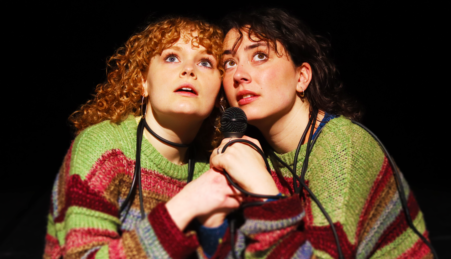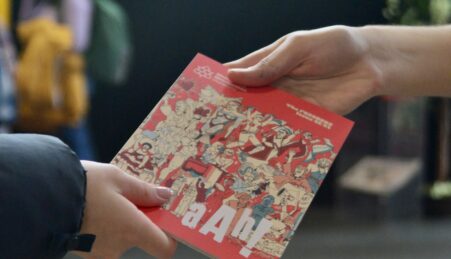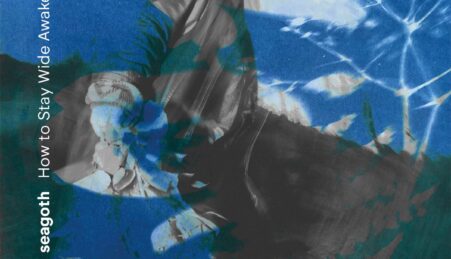 Humanity Hallows Issue 4 Out Now!
Humanity Hallows Issue 4 Out Now!
Pick up your copy on campus or read online
By Pierangelly del Rio Martinez
Quantitative methods are a range of techniques that involve the analysis, collection and manipulation of data that are often regarded as challenging and difficult to learn.
Professor Julie Scott Jones seeks to erase the stereotypes associated with statistics and numerical and technical content. During her recent inaugural lecture, ‘Tears, Tantrums and Quantitative Methods: a holistic approach to growing students confidence and competence,’ Professor Scott Jones spoke about her approach to teaching Quantitative Methods by identifying learning barriers and discussing the strategies that can be employed to overcome difficulties.
Professor Helen Laville introduced Julie Scott Jones, Director of Manchester Metropolitan University’s Q-Step Centre, which is an initiative designed to promote change in quantitative social science training in the UK. Her work focuses on religious studies and teaching techniques and she dedicates her time to improving the delivery and learning of research methods, particularly quantitative methods.
During her experience as a sociology lecturer, Scott Jones has found that many students, particularly from sociology and criminology, show apathy towards modules that involve mathematics. Most of the said students have dropped maths during college and have taken A Levels mostly from humanities subjects. This disinterest in numeracy, therefore, presents an obstacle when it comes to the use of quantitative methods, leading Professor Scott Jones to ask, “How do you teach students something they find difficult?”
The purpose of the Q-Step programme and Scott Jones holistic approach to quantitative methods is to dissuade the students of what she identifies as “maths anxiety” or lack of confidence with numbers. Students undertaking the subject will be asked to reflect on questions like “Where do I come from?” and “What do I need?” with the purpose to give the learning of quants a conceptual approach. The programme, which runs for eleven weeks, aims to engage students in something new and exciting every week, making the learning interactive through the construction of case scenarios, field trips and experiments to establish and demonstrate hypotheses.
The audience was invited to experience a demonstration, with Scott Jones asking each attendee to throw three plastic balls at a Darth Vader figure. Several predictions were made about how many balls would hit the target. After the experiment, all hypotheses failed and few balls managed to hit the figure.
After the experiment, Professor Scott Jones proceeded to reflect on the importance of these kind of activities and what they mean for students: “One thing we find very important in Manchester Met’s Q-Step Centre is playfulness. Quite often in Higher Education teaching, we tend to be so serious all the time. I don’t see why learning can’t be fun. So we embed playfulness through teaching, that builds a sense of trust for students and creates a safe space for them.”
At the end of the lecture, Professor Scott Jones said that it is too early to determinate the impact of Q-Step and the holistic method. However, the good grades, a high percentage of student satisfaction and success stories demonstrate the impact the programme has had so far.
Professor Malcolm Williams, Director of Cardiff University’s Q-Step Centre and respondent to the lecture, expanded on this by saying the attention received by quantitative pedagogy has notoriously increased thanks to Scott Jones’ help. The subject has become mainstream in national universities and has acquired a large number of students, which is a huge contrast to the numbers of a few years ago. Nevertheless, he agrees with Scott Jones and believes the subject still has a long way to go.

 Humanity Hallows Issue 4 Out Now!
Humanity Hallows Issue 4 Out Now!



Leave a reply